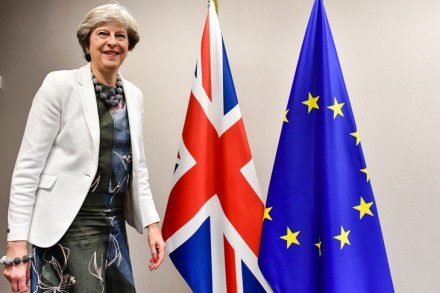Will Labour practise what they preach on commercial confidentiality?
Today MPs are working themselves into a bother over the government’s Brexit impact reports. Although David Davis has handed them to the Brexit select committee – as ordered by the Speaker – MPs have been left disappointed given that the document in question is rather sparse on details as it does not include anything the government has deemed market sensitive or damaging to the UK’s negotiations with the EU27. With Keir Starmer to ask an Urgent Question on the issue, Labour is expected to criticise the government for keeping out relevant information. However, Mr S suspects the Labour party ought to tread with caution before going on the offensive. When Hilary Benn,





















